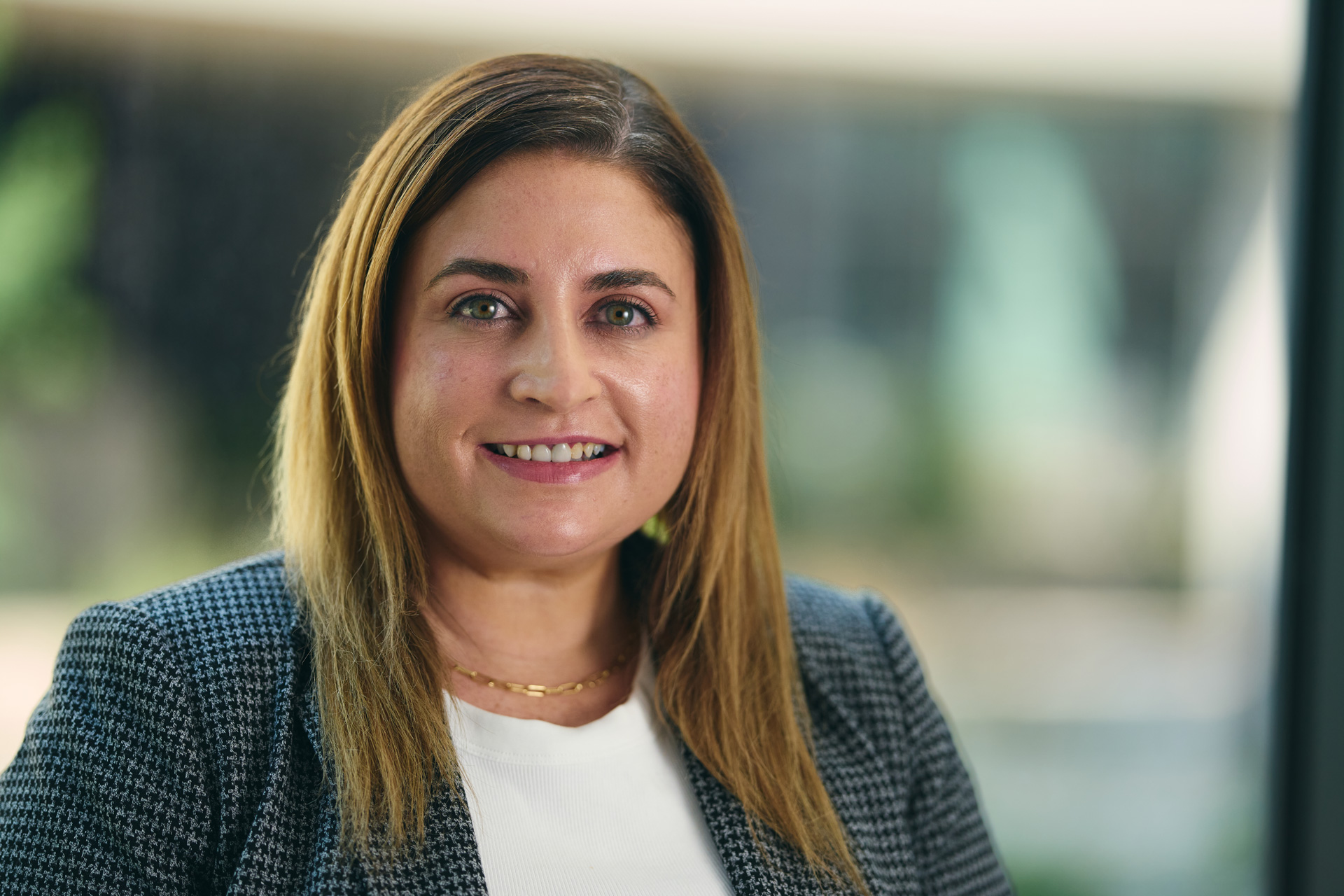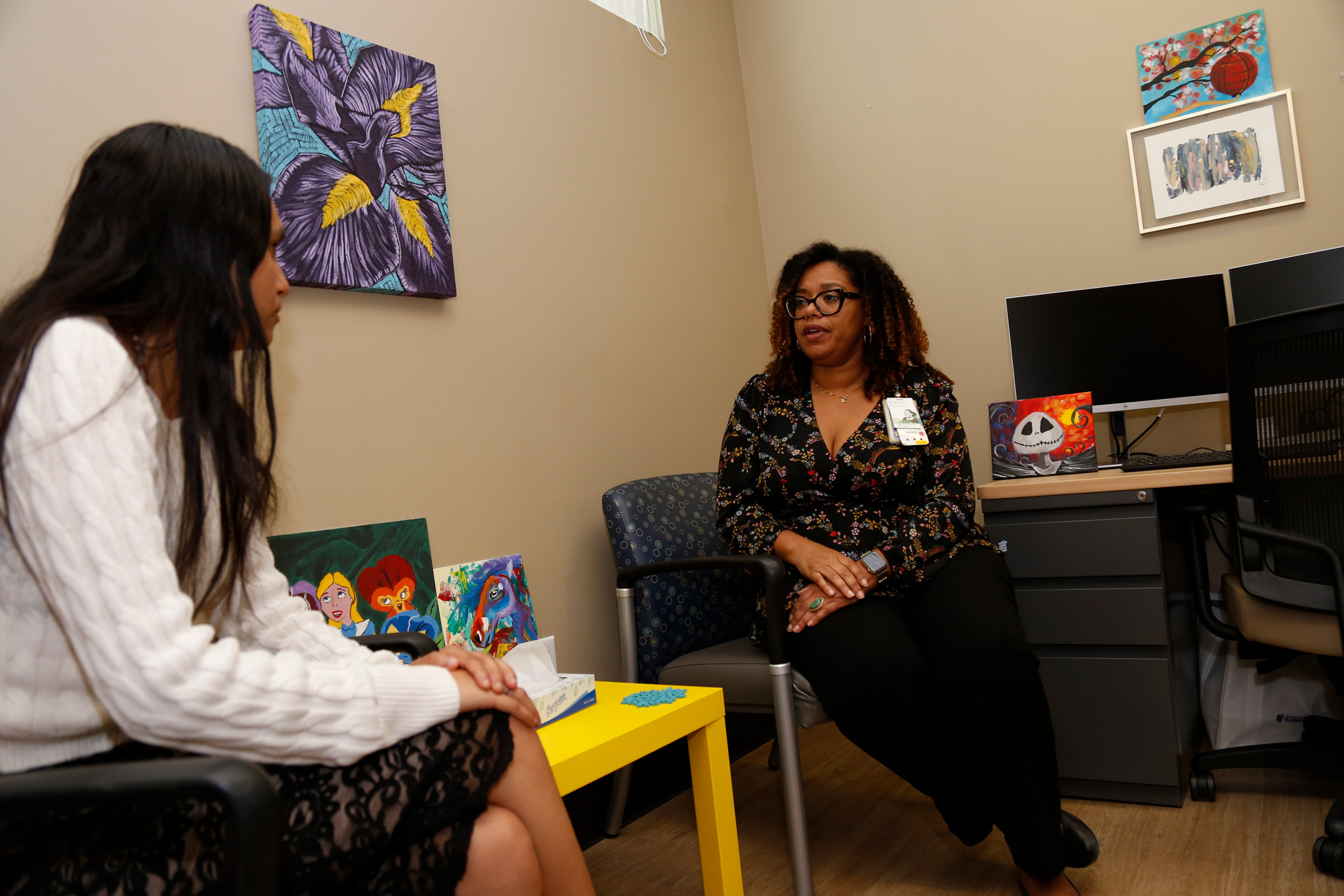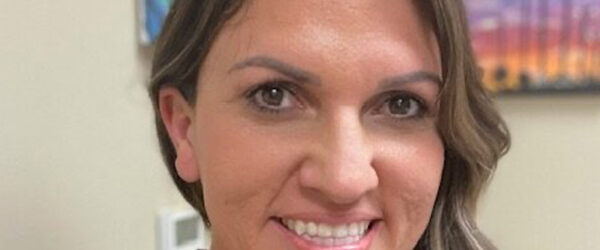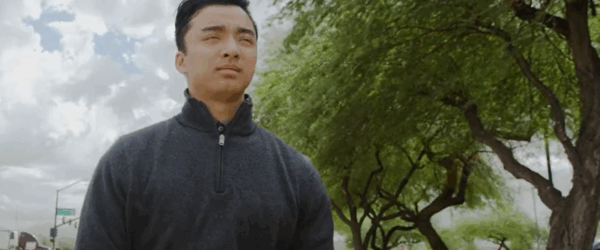Child Psychiatrist is on a Mission to Ensure Kids with Mental Health Challenges are Heard
As a child of physicians, Dr. Alicia Silvestrini spent a lot of time around hospitals growing up. Her father was a family medicine doctor, and her mother was a pediatrician.
Most of their family dinner conversations revolved around healthcare and, thanks to their impactful and inspiring stories, it wasn’t long before their daughter decided to pursue a career in medicine.
In her role as a child and adolescent psychiatrist at Valleywise Health, Dr. Silvestrini has made it her life’s mission to provide mental health services for children and young adults in need.
“At Valleywise Health, I see patients for several reasons,” said Dr. Silvestrini. “They might see me for something simple like trouble paying attention in class or a more complicated issue like a history of trauma. I also see children and young people with neurological issues, like autism spectrum disorder. I believe my ultimate mission as a physician is to help kids be heard and to help them have a full and happy life.”


Investing in a child’s behavioral and mental health can have a long-term impact by helping the patients develop into healthy adults who are able to succeed in school, work and relationships.
Today, more than 20% of children in the U.S. have a mental health disorder. Things like the COVID-19 pandemic, environmental stressors and social media influence often contribute to mental illness in kids and teens.
In 2019, Dr. Silvestrini was instrumental in launching the Valleywise Community Health Center – Mesa where she provides both inpatient and outpatient care. As the need for mental health care in the U.S. grows, so does the opportunity to provide preventative care to the most vulnerable community.
“In the clinic, we work with families who have never been exposed to mental health care, psychiatrists or therapists,” said Dr. Silvestrini. “They often think what they are feeling or experiencing is normal. They think dealing with things like anxiety is just the way they have to live, but I am happy to show them there are tools, medications and coping strategies that can help them live a more balanced and healthy life.”
Many of the early signs of children’s behavioral health disorders include isolation, crying or changes in grades, sleeping patterns and activities.
“A common complaint of parents is that their child is acting out at home or school, so it is my job to figure out why this is happening,” said Dr. Silvestrini. “There’s usually an underlying reason why kids behave in a certain way, and it could be something like mental health issues that is driving their behavior. Often, children don’t have the vocabulary to express themselves or tell us why they are feeling a certain way, so we need to teach them how to communicate and address the issues they are experiencing.”
Treatment methods for children who are struggling with mental health issues include therapy, medication and integrated behavioral health services.
“Just because someone is not bleeding or doesn’t look physically sick, doesn’t mean they’re not ill,” said Dr. Silvestrini. “Helping parents understand that good mental health is crucial through all stages of life and helping patients cope with stress and work productively through mental health issues is a challenge sometimes, but as a physician, it is enormously rewarding when you see a child improve.”




